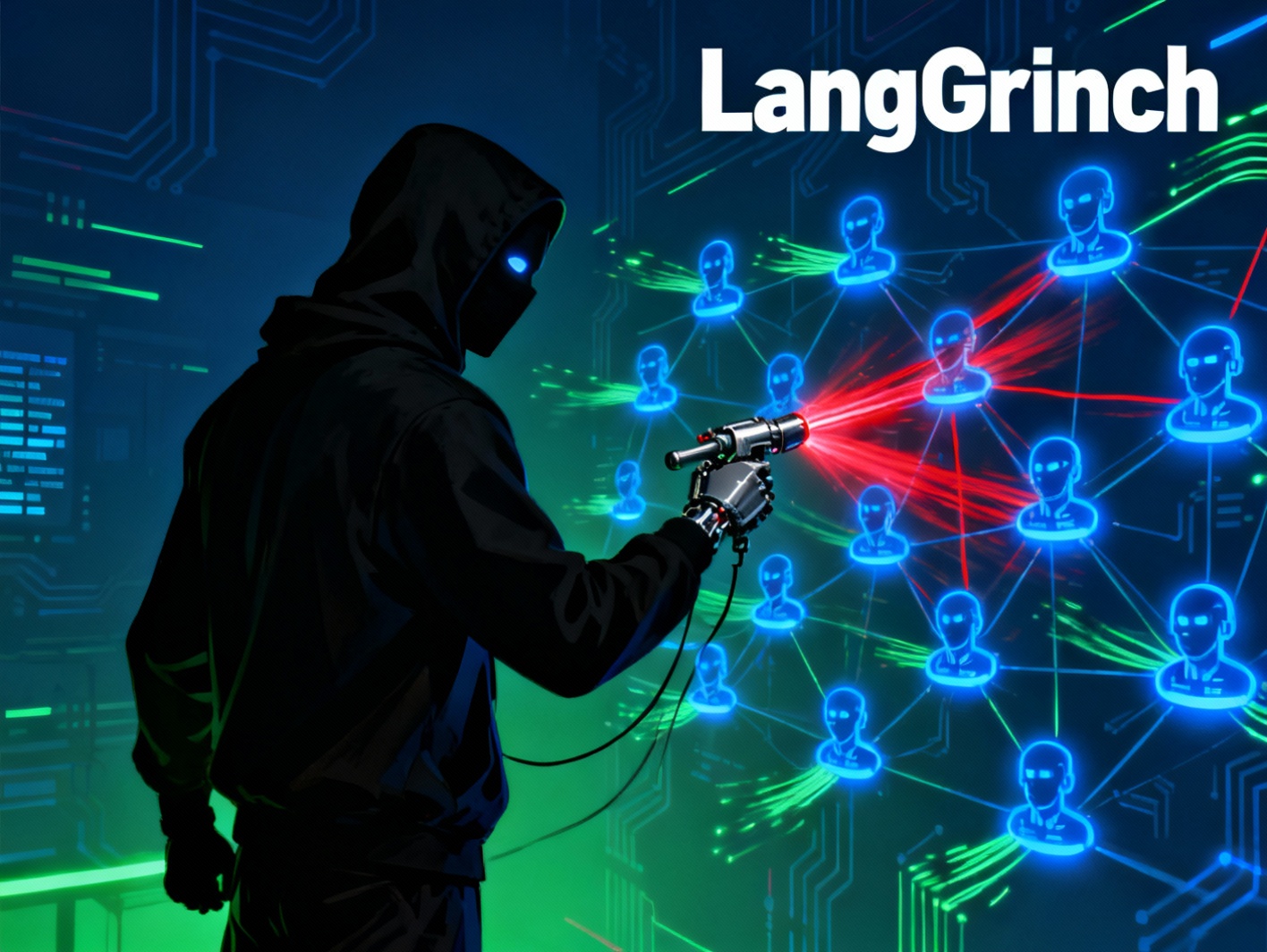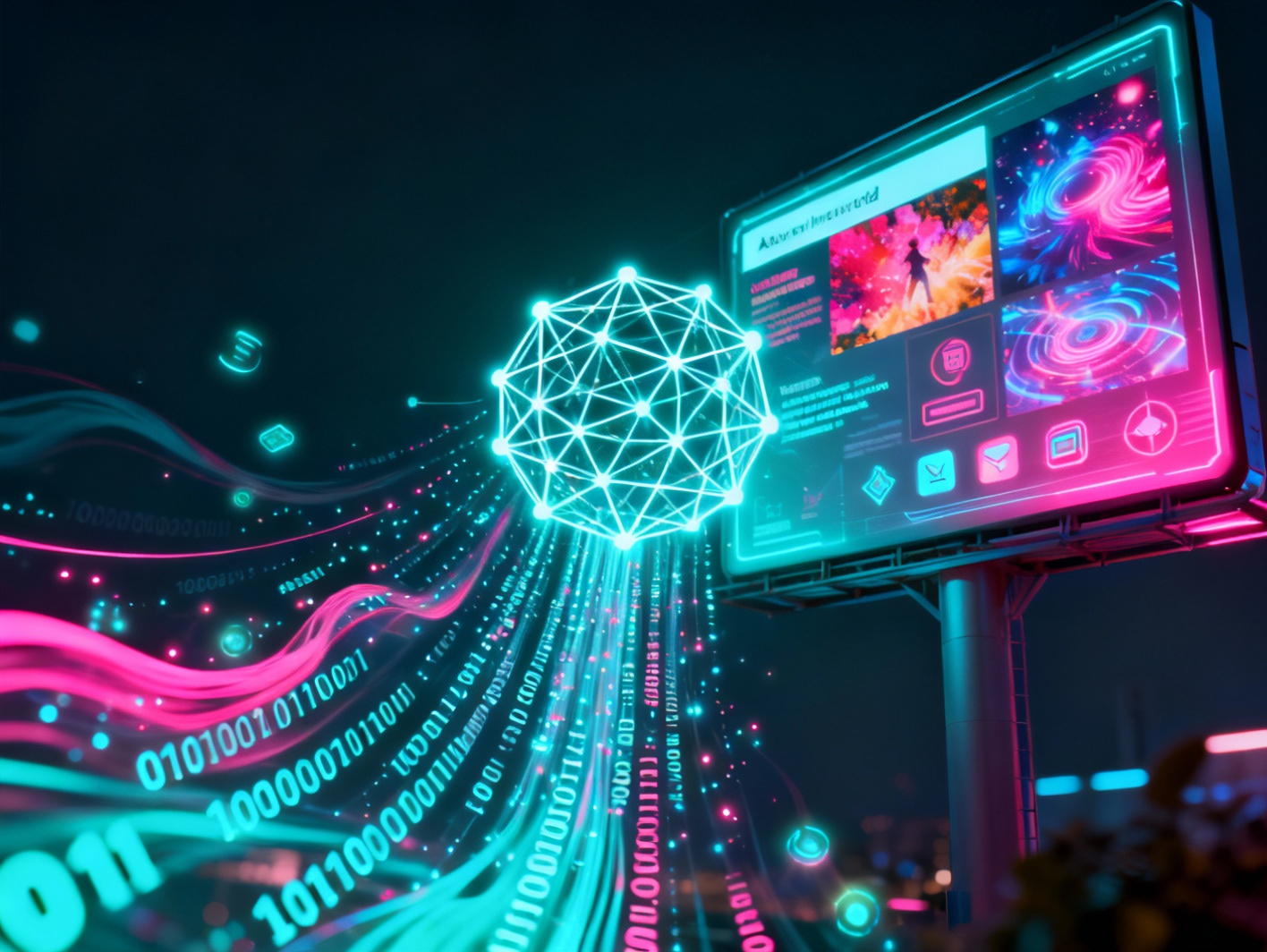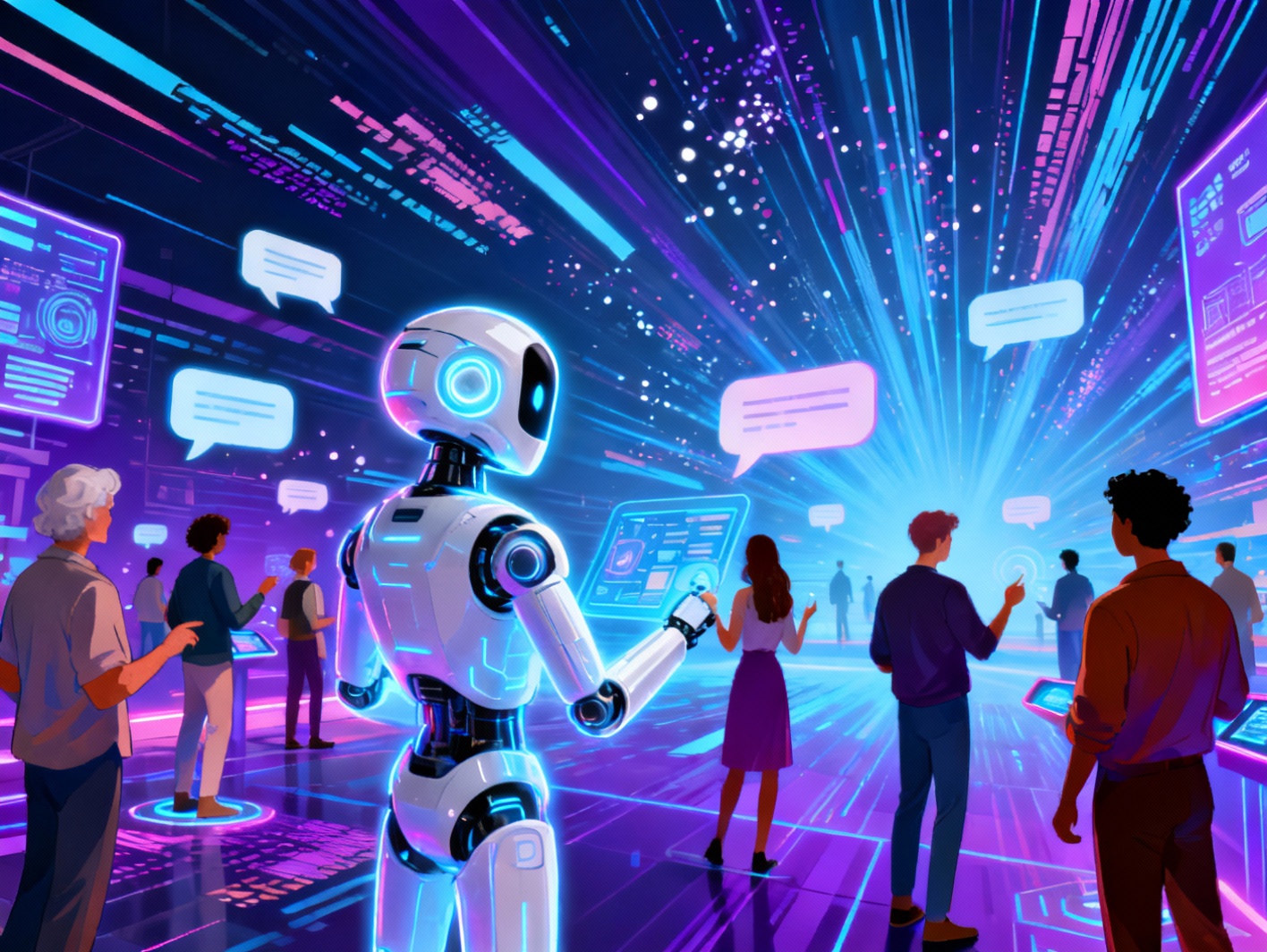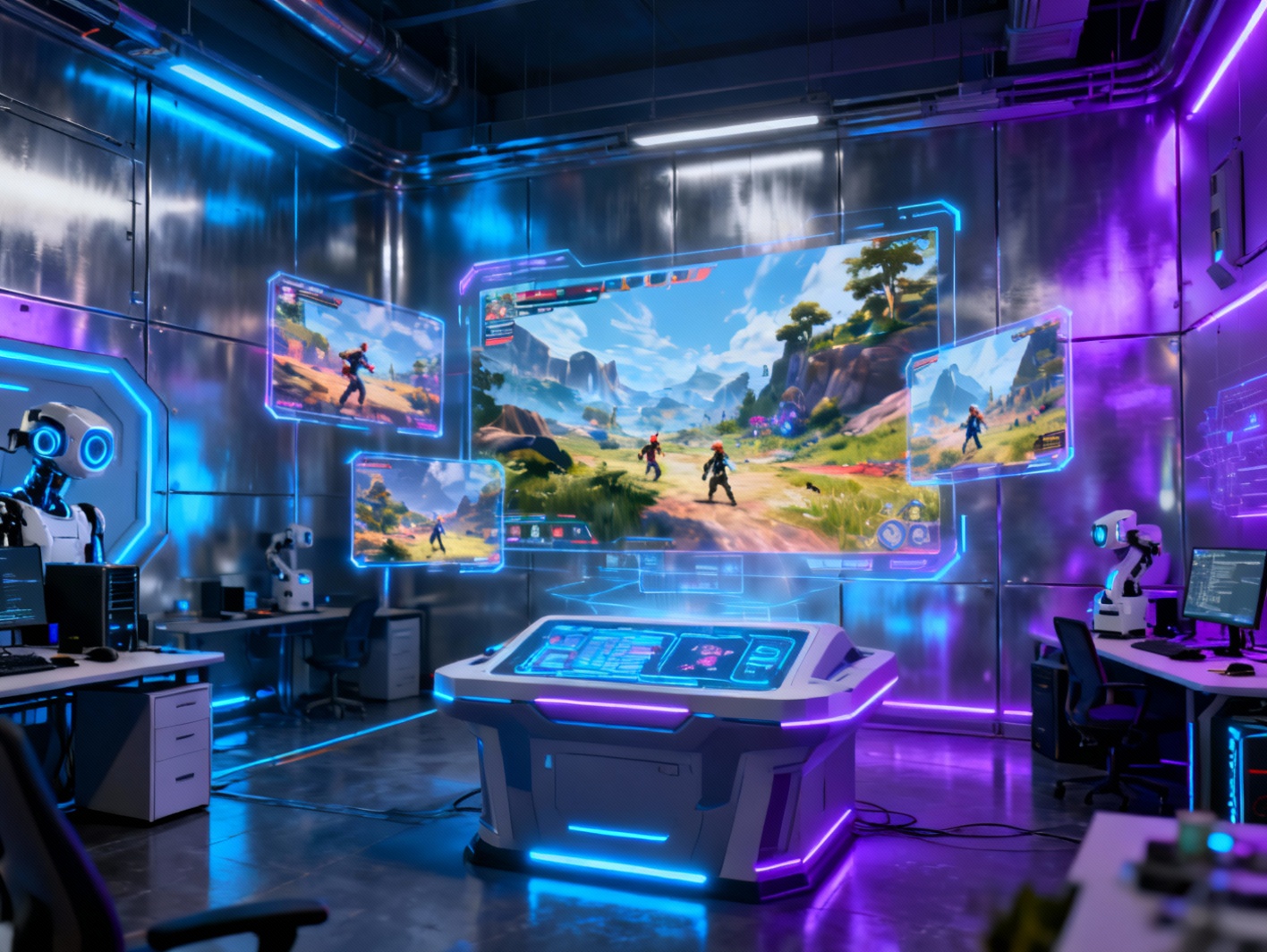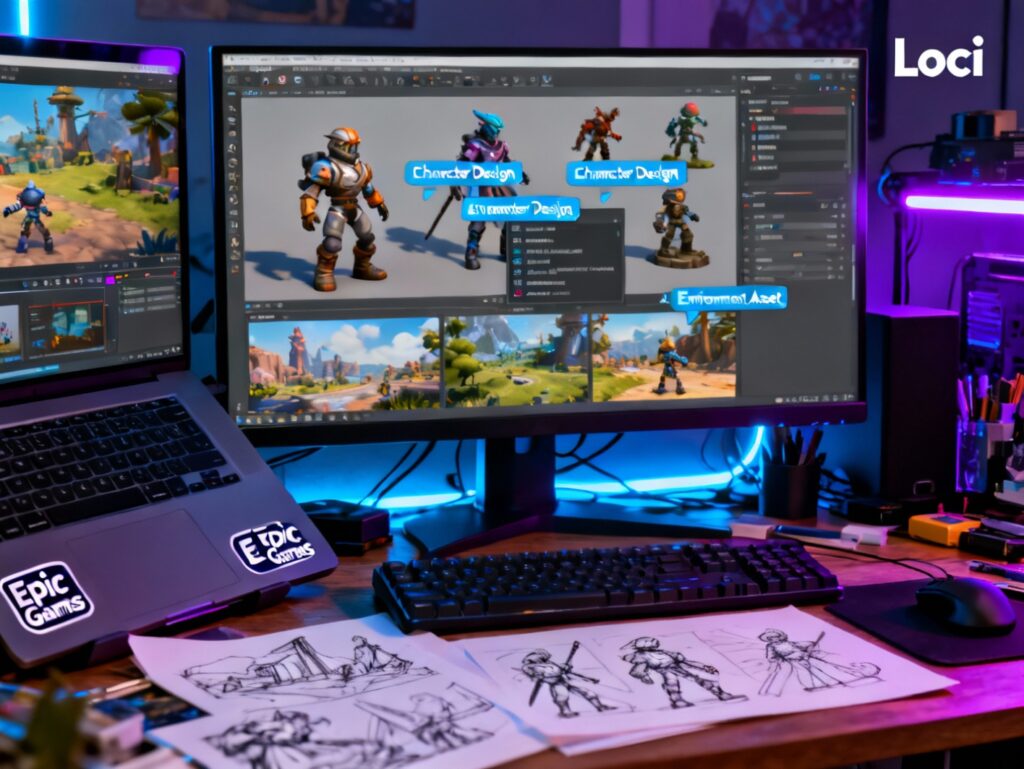
Table of Contents
- Introduction
- Understanding Loci’s AI-Powered 3D Asset Tagging Technology
- The Strategic Rationale Behind Epic Games’ Acquisition of Loci
- Integration of Loci’s Technology into Epic’s Ecosystem
- Enhancing Intellectual Property Protection with AI-Driven Similarity Detection
- Implications for Creators: Streamlining Workflows and Boosting Productivity
- Future Prospects: AI’s Role in the Evolution of 3D Content Creation
- Conclusions
Epic Games has taken a major leap in redefining digital asset workflows by acquiring Loci, an AI-powered platform that specializes in automated 3D asset tagging. This acquisition is a calculated move to strengthen Epic’s infrastructure for managing and organizing expansive asset libraries common in game development and virtual environments. Loci’s core innovation lies in using advanced computer vision to automate the tagging, captioning, and metadata generation for 3D content, a process that has traditionally been manual and time-consuming. As creators generate thousands of assets for use in platforms like the Unreal Engine or UEFN, the need for quick and reliable organization becomes crucial. Through this acquisition, Epic aims to drastically enhance content discoverability and protect intellectual property, while delivering strong time-saving tools for developers, artists, and designers.
Understanding Loci’s AI-Powered 3D Asset Tagging Technology
Loci’s core functionality centers around the application of advanced computer vision algorithms that automatically interpret 3D content. These models can generate detailed descriptive tags, rich textual captions, and precise metadata without human intervention. Whether it’s identifying object shapes, materials, or contextual relevance, Loci’s AI delivers a highly structured summary of each asset.
This becomes incredibly valuable in massive asset libraries where manual tagging often falls short. Developers and artists regularly sift through thousands of digital objects, and having machine-generated metadata significantly boosts search precision and sorting. By attaching context-aware descriptors to each asset, Loci ensures that similar items are grouped intelligently, related assets are cross-referenced, and creators spend less time locating the right elements.
Furthermore, these tags allow for the implementation of more refined search filters, narrowing down results by criteria like style, purpose, or geometry. As game projects and virtual environments scale up, this level of organization transforms asset management from a tedious process into a seamless, intuitive experience.
The Strategic Rationale Behind Epic Games’ Acquisition of Loci
Epic Games’ decision to acquire Loci stems from a strategic vision to enhance the efficiency and scalability of content creation within its platforms. Creators today are developing increasingly complex scenes and systems, especially within the Unreal Engine ecosystem. The traditional workflow of manually labeling assets is not only labor-intensive but costly at scale. Recognizing this bottleneck, Epic viewed Loci’s automated tagging as a solution to unlock massive time savings while adding layers of intelligence to asset organization.
More than just reducing friction in development environments, Loci fits neatly into Epic’s broader mission: to democratize high-quality content creation and make tools accessible to creators of all levels. By automating essential, repetitive tasks, Epic empowers users to focus on creative work, rather than administrative labor.
Additionally, the ability to quickly identify and organize large collections of 3D content has significant implications for collaborative workflows. Teams operating across different geographies can rely on consistent tagging systems and metadata structures, improving synchronization and reducing redundancy. Loci’s AI enables more fluid content pipelines, which is essential in today’s fast-paced content economy.
Integration of Loci’s Technology into Epic’s Ecosystem
Epic Games plans to fold Loci’s AI tagging technology directly into key components of its asset ecosystem—the Unreal Editor for Fortnite (UEFN) and the Fab digital asset marketplace. These two platforms are hubs of creative activity, where users generate or browse massive quantities of 3D assets daily. By integrating Loci, Epic aims to simplify every interaction with digital assets, from creation to curation.
In UEFN, the benefit will be immediate. As creators develop new objects or environments, Loci’s system will instantly generate descriptive metadata. This allows assets to be automatically categorized and pulled up through intuitive search queries—without requiring users to label them themselves. In collaborative scenarios, this also minimizes human errors and ensures consistency in asset descriptions.
Fab serves as a marketplace where accurate tagging is vital for buyer discovery. Loci’s auto-tagging increases the visibility of high-quality assets by surfacing them more reliably in search results. Whether users are looking for a medieval prop or a sci-fi building, Loci’s tags make search results more accurate and meaningful. The result is an ecosystem where both creators and consumers interact with digital content more efficiently, making creativity more scalable and impactful.
Enhancing Intellectual Property Protection with AI-Driven Similarity Detection
One of Loci’s groundbreaking features is its similarity detection technology, which goes beyond tagging and moves into the realm of content governance. This system can compare newly uploaded or existing assets against massive datasets to detect duplicates or near-identical models. In doing so, it becomes a crucial layer of defense against unintentional or malicious intellectual property infringement.
For Epic Games, which hosts millions of user-generated assets across Fortnite, Unreal Engine, and Fab, implementing this capability means stronger compliance controls. It ensures that assets, especially those shared or sold on digital platforms, are original or adequately permitted. This reduces legal risk not just for Epic, but also for creators who might unknowingly distribute derivative or copied works.
The feature also fosters a culture of originality. By discouraging asset duplication and flagging potentially infringing content early in the pipeline, the AI promotes ethical creation practices. In larger workflows, similarity detection helps teams avoid redundancy by pointing out when two artists are building nearly identical items without realizing it. This results in smarter resource allocation and improved collaboration. Altogether, this layer of AI scrutiny fortifies Epic’s entire content ecosystem, supporting both legal compliance and creative integrity.
Implications for Creators: Streamlining Workflows and Boosting Productivity
For individual creators, Loci represents a transformative shift in how they interact with digital assets. One of the most burdensome steps in 3D content creation has been the manual process of labeling and organizing each asset to make it usable in a searchable system. With Loci, this task becomes automated, freeing creators to focus more on the artistic and conceptual aspects of design.
This is especially valuable in rapid development environments such as game jams, prototyping phases, or mid-project iterations where content changes frequently. Auto-generated metadata ensures newly added assets maintain high standards of organization without slowing down the workflow. Even novice users who may not understand taxonomy or proper metadata structuring benefit from consistent tagging provided by AI.
Over time, creators experience higher productivity and are better able to scale their production. Tags and captions generated by Loci also assist in content reuse, helping artists recall previously created assets more quickly and repurpose them efficiently. As projects grow and asset libraries expand, the need for manual sorting is practically eliminated, which in turn reduces fatigue and increases creative velocity. This paves the way for more ambitious and complex digital projects, completed in less time and with fewer resources.
Future Prospects: AI’s Role in the Evolution of 3D Content Creation
The introduction of Loci’s AI technologies into Epic Games’ ecosystem signals a broader trend in the 3D content creation industry, one where artificial intelligence plays a foundational role in shaping future workflows. As models continue to improve, we can expect AI not just to tag and organize, but to aid in design decisions, quality control, and even asset generation.
For instance, future iterations of computer vision systems may interpret creator intent—suggesting textures, optimizing geometry, or flagging performance issues automatically. Combined with procedural generation tools, platforms like Unreal Engine could evolve into co-creative environments, where artists and AI collaborate on building game worlds and interactive experiences.
Additionally, Loci’s technological arc could inspire standards in metadata and tagging structures shared across creative industries. This would enable easier asset exchanges between games, films, virtual production, and metaverse platforms. With tighter intellectual property protection powered by AI, platforms could also build more secure marketplaces and establish trust among buyers, sellers, and studios. Ultimately, AI integration won’t just make content creation faster—it will raise the ceiling for what’s creatively possible, opening doors to new genres, styles, and interactive formats that were once too costly or complex to pursue.
Conclusions
Epic Games’ acquisition of Loci represents more than just a technological upgrade—it is a forward-thinking investment in the future of digital content creation. By folding advanced AI tools into everyday workflows, Epic is reshaping how creators approach asset management, discoverability, and intellectual property protection.
Automated tagging, similarity detection, and intelligent metadata aren’t just enhancements; they are building blocks for a more scalable and secure creative ecosystem. As these tools become standard across platforms like UEFN and Fab, artists and developers will benefit from greater efficiency, cleaner project organization, and better safeguards against IP conflicts.
This move underscores the transformative potential of AI in enhancing digital creativity. By removing tedious steps while adding structure and intelligence, technologies like Loci lead the charge in making 3D content creation more intuitive, collaborative, and future-ready. Epic’s strategy not only meets the immediate needs of its community but also sets a high bar for what’s possible in the evolving world of interactive media.
